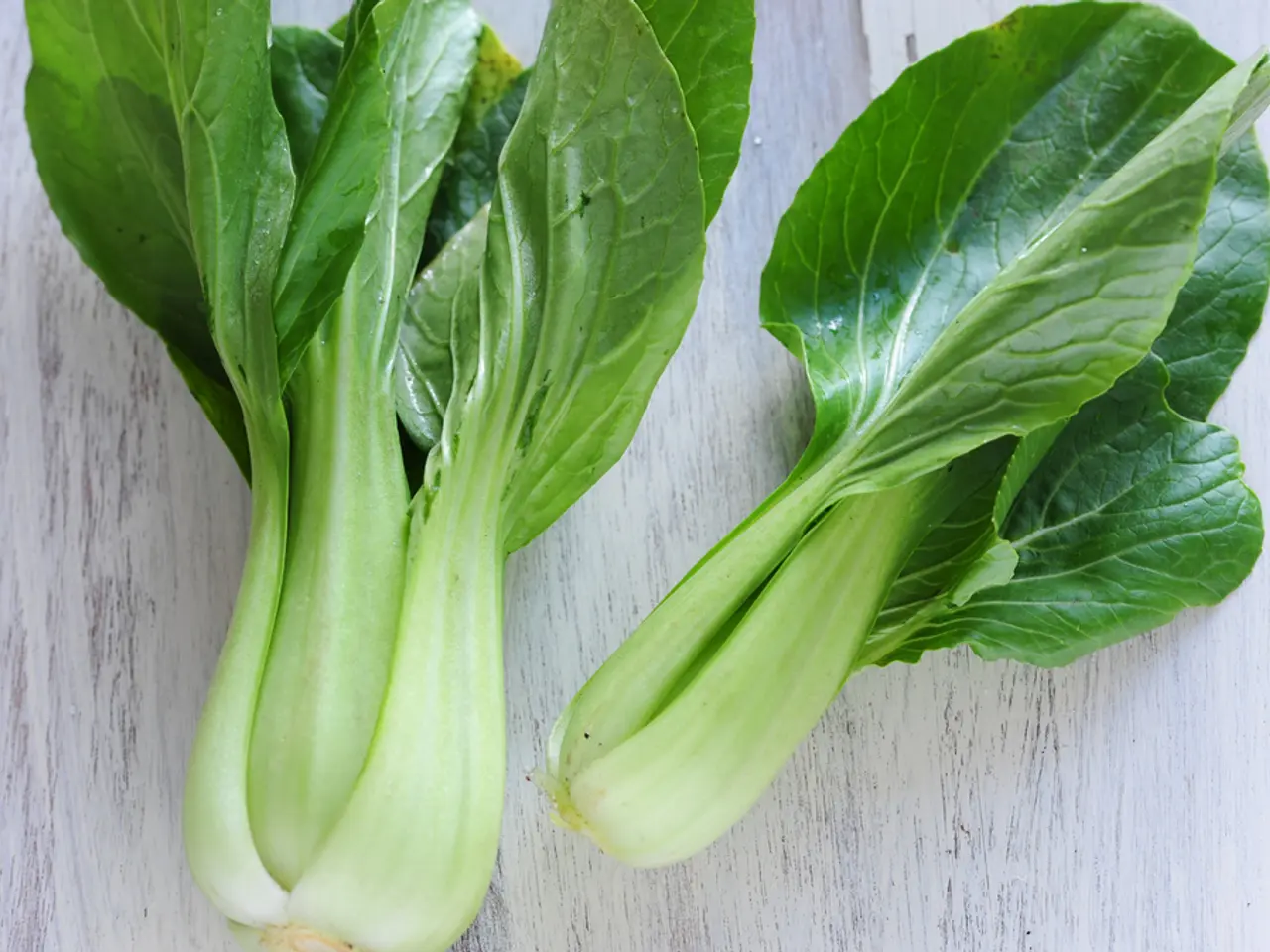Alternative Garden Fertilizers for Vibrant Plant Growth
=========================================================================================================
In the realm of sustainable gardening, organic fertilizers play a pivotal role in nurturing healthy, thriving vegetable gardens. These plant-based, animal-derived, and mineral-based amendments offer a myriad of advantages for both soil health and plant growth.
Key Types and Their Benefits
From granular and pelletized fertilizers to liquid, compost, worm castings, and plant-based meals, each type of organic fertilizer offers unique benefits for sustainable vegetable gardens.
- Granular Fertilizers provide balanced, steady nutrient release, improving soil organic matter and microbial activity, making them ideal for ongoing feeding throughout the season.
- Pelletized Fertilizers offer long-lasting slow release, reducing application frequency and nutrient runoff, particularly beneficial for heavy-feeding vegetables like tomatoes and squash.
- Liquid/Soluble Organic Fertilizers provide rapid nutrient boost during active growth or flowering phases, although their effects are shorter term compared to solid fertilizers.
- Compost, rich in nutrients and microbes, enhances soil fertility, structure, and microbial life, key for sustained soil health and nutrient cycling.
- Worm Castings offer both slow- and quick-release nutrients, improve soil aeration and water retention, and boost beneficial bacteria.
- Alfalfa Meal provides an affordable source of nitrogen and minerals to support ongoing growth.
- Feather Meal, an animal protein-based meal high in nitrogen, is useful as a supplemental mid-growth nitrogen source to support vegetative growth.
- Kelp Meal & Seaweed add micronutrients, improve stress tolerance, stimulate soil microbes, and can provide mild insect control.
- Animal Manures like chicken and cottonseed meal, offer slow-release feeding that improves soil organic matter, microbial life, and nutrient availability without chemical runoff. Cottonseed meal also lowers soil pH, beneficial for acid-loving plants.
- Mineral Amendments like oyster shell flour and crushed eggshells correct calcium deficiencies, improve soil structure, and prevent blossom end rot in vegetables like tomatoes.
Benefits of Organic Fertilizers for Sustainable Vegetable Gardens
- Soil Building: Organic fertilizers improve soil structure, organic matter, and microbial diversity, vital for sustainable soil fertility and plant health.
- Nutrient Cycling: They provide nutrients in more natural, slower-release forms that reduce leaching and promote efficient nutrient uptake by vegetables.
- Environmental Safety: Being derived from natural sources, organic fertilizers minimize chemical residues, protect biodiversity, and reduce pollution risks compared to synthetic fertilizers.
- Plant Health: Many organic fertilizers contain beneficial microbes and trace minerals that enhance plant growth, disease resistance, and stress tolerance.
By incorporating a variety of organic fertilizers tailored to specific crop needs and growth stages, gardeners can support a balanced, sustainable nutrient management strategy, essential for successful, eco-friendly vegetable gardening. Additionally, homemade organic fertilizers can be made using banana peels, coffee grounds, and eggshells, offering an easy, fun, eco-friendly, and cost-effective alternative.
[1] University of California Agriculture and Natural Resources. (2021). Organic Fertilizers for Vegetables. [online] Available at: https://anrcatalog.ucanr.edu/Details.aspx?itemNo=8287 [Accessed 12 May 2021].
[2] National Sustainable Agriculture Information Service. (2021). Organic Fertilizers. [online] Available at: https://attra.ncat.org/attra-pub/organicfertilizers/ [Accessed 12 May 2021].
[3] Rodale's Organic Life. (2021). The Best Organic Fertilizers for Your Garden. [online] Available at: https://www.rodalesorganiclife.com/gardening/organic-fertilizers [Accessed 12 May 2021].
[4] Cornell University Extension. (2021). Organic Fertilizers. [online] Available at: https://extension.psu.edu/organic-fertilizers [Accessed 12 May 2021].
[5] University of Maine Cooperative Extension. (2021). Organic Fertilizers. [online] Available at: https://extension.umaine.edu/publications/4007e/ [Accessed 12 May 2021].
- Gardening and home-and-garden enthusiasts can employ a blend of organic fertilizers for health-and-wellness benefits, emphasizing quality produce and a sustainable lifestyle.
- Science plays a pivotal role in understanding the benefits of organic fertilizers, such as improving soil structure and enhancing plant growth.
- Fitness-and-exercise enthusiasts may also appreciate organic gardening, as it promotes a holistic health-and-wellness approach and offers eco-friendly, homemade fertilizers made from resources like banana peels and coffee grounds.
- Incorporating various organic fertilizers, such as alfalfa meal or feather meal, can contribute to a well-rounded health-and-wellness lifestyle by improving soil health and plant growth, ultimately resulting in better vegetables and a beautiful home-and-garden.





